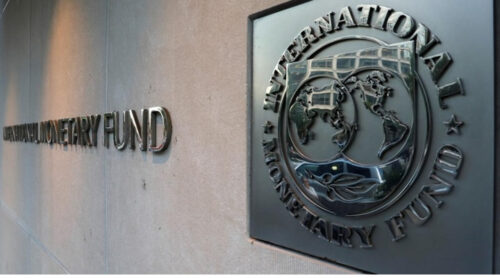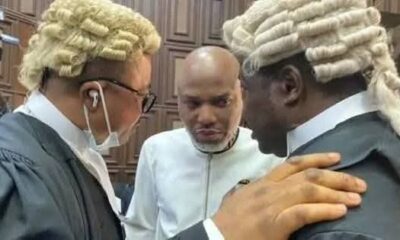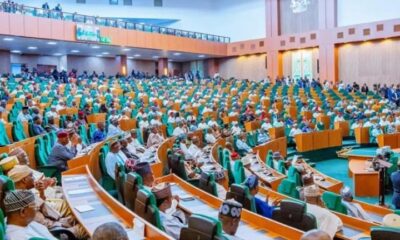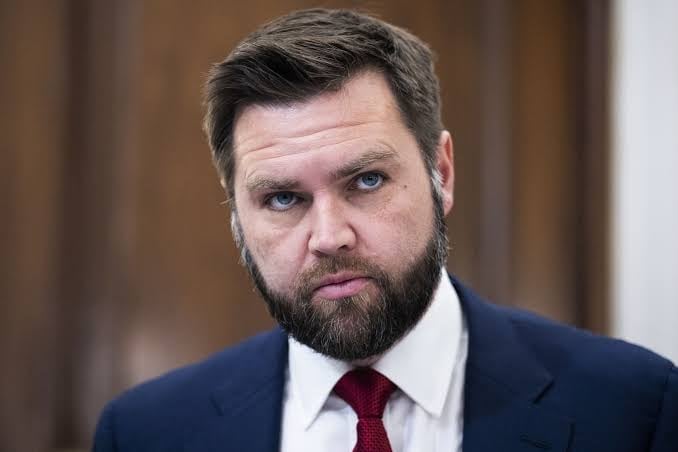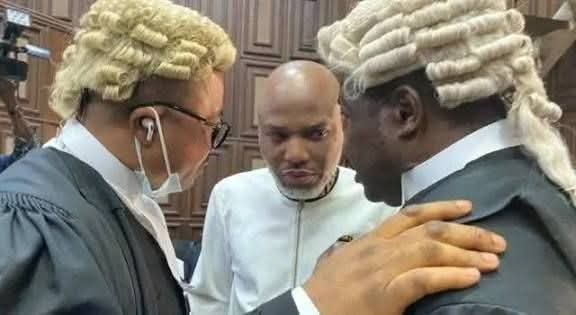The International Monetary Fund (IMF) has urged the incoming government of President-elect, Sen. Bola Tinubu to take steps to increase the country’s revenue base.
The Resident Representative, IMF Nigeria Office, Ari Aisen, who said this during a virtual forum on the Nigerian debt situation, also advised the incoming government to drastically reduce dependence on debt to fund expenditures.
According to Aisen, to resolve the debt issues of Nigeria you need to concentrate on revenue and expenditure.
He said that the debt situation had deteriorated because the Federal Government was spending more than it was actually getting in revenues.
“How do you reduce the spending needs of the government? That should be the question.
“It is really about fiscal discipline. People should not permanently spend beyond what they generate in revenue because it becomes unsustainable.
“Eventually some people will come and ask for their money back and some will refuse to give further loans,” he said.
Aisen said that the critical thing to do was for countries to be able to rely more on their own revenue to finance their own expenditure.
“That is the autonomy and the Independence that we like to see our member countries rely on,” he said.
Also speaking, Vahyala Kwaga, a Senior Research and Policy Analyst at BudgIT, a Nigerian company that provides social advocacy using technology, urged the incoming government to address the distortion between fiscal and monetary authorities.
According to Kwaga, there is a lot of money being pumped into the economy and this has its impact.
“The Ways and Means is another lump sum of money that affected the economy significantly in the sense that it compounded the problem of inflation.
“A lot of these monies, according to the president, were used for infrastructure projects. Some were also given to the state governors as bailouts,” he said.
He urged Nigerians to also beam their searchlights on the state governors and their fiscal behaviors.
“The federal system that Nigeria operates allows the center to provide monies for the states. The question is, how prudent are these monies expended when they are given to the states?
“The transparency and accountability problem we have in the use of funds is extremely problematic at the level osprey states,” he said.
He tasked the legislature to rise up to its responsibility by curbing abuse of process by the executive as witnessed in the Ways and Means Advances.
According to Kolawole Oluwadare, Deputy Director, Socio–Economic Rights And Accountability Project, an NGO, the issues are less about whether the borrowings are lawful or not.
“It is more about the use of the loans. Both the issues of borrowing and the use of loans are related.
“That is why the Fiscal Responsibility Act has provided clearly that borrowings by the government should be strictly for capital projects.
“The Act also provides that government should undertake a cost-benefit analysis among other requirements before any borrowing is done,” he said.
Monday Usiade, Director. Market Development Department at the Debt Management Office, said that the office had a responsibility to manage Nigeria’s debt.
According to Usiade, the DMO receives approval from the authorities based on the difference between revenue position and expenditure, and the actual amount to be borrowed.
“We are at the service of the country, and our job is to look at the best ways, options, sources, and all that we can put together to fund the government as approved by the authorities,” he said.
He added that the DMO was transparent in carrying out its functions.
He urged the incoming government to be more concerned about how to narrow the gap between expenditure and revenue so as to limit borrowings.
Meanwhile, economic experts at a recent American Business Council (ABC) Economic Update charged the incoming administration to embrace strategies aimed at tackling Nigeria’s debt overhang for economic growth and development.
Dr. Yemi Kale, Chief Economist, KPMG, said that the focus should be on the Consumption, Investment, Government Expenditure, Exports, and Imports (CIGXM) economic indices to fully harness the potential of the country’s economy.

 BIG STORY1 day ago
BIG STORY1 day ago
 BIG STORY1 day ago
BIG STORY1 day ago
 BIG STORY2 days ago
BIG STORY2 days ago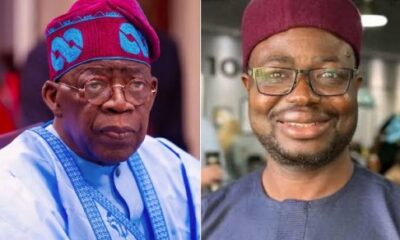
 BIG STORY1 day ago
BIG STORY1 day ago
 BIG STORY1 day ago
BIG STORY1 day ago
 BIG STORY24 hours ago
BIG STORY24 hours ago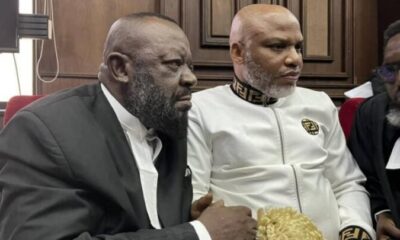
 BIG STORY2 days ago
BIG STORY2 days ago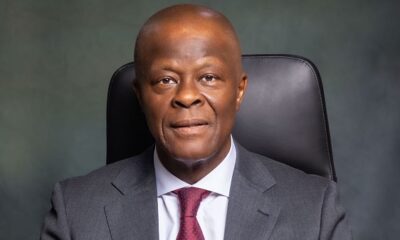
 BIG STORY3 days ago
BIG STORY3 days ago




